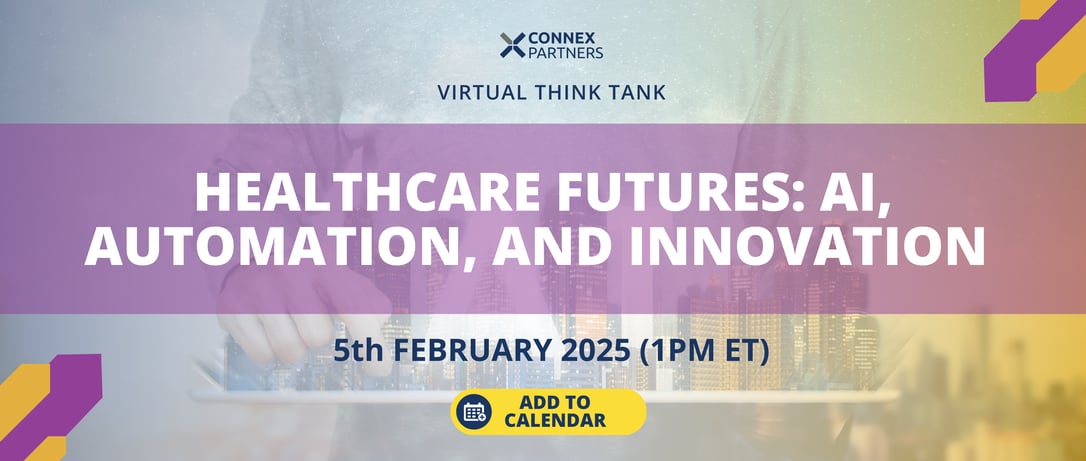The healthcare industry, despite being continually influenced by change drivers, remains slow to innovate and adopt fresh ideas. While AI and automation technologies offer clear benefits for performance efficiency and cost reduction, they necessitate improvements in tech infrastructure, staff training, and workflow alterations. When effectively implemented, these innovations can relieve overburdened personnel, aid in staff redeployment to crucial roles, improve clinical and administrative performance, and enable greater efficiency.
This Session Will Examine:
- Strategic Digital Transformation Planning: Establish a roadmap for digital transformation and AI use cases that aligns with organizational goals and patient care objectives, prioritizing areas with the highest impact on efficiency and outcomes.
- Automation in Healthcare Tasks: Implement task automation in repetitive, time- consuming processes such as patient scheduling, records management, and billing, to free up staff for more patient-centric roles.
- Leveraging Big Data and AI: Utilize big data analytics and AI to enhance diagnostic accuracy, personalize patient care plans, and predict health trends, improving overall patient outcomes.
- Overcoming Resistance to Change: Develop comprehensive training and support programs to help staff adapt to new technologies, emphasizing the benefits to their roles and patient care.
- Evaluating Emerging Technologies: Regularly assess and pilot emerging technologies to determine their practical value in improving service delivery, operational efficiency, and patient satisfaction.
- Planning for Scalability and Future Needs: Continuously review and update technology infrastructure to ensure scalability and the capacity to integrate future innovations in healthcare technology.
